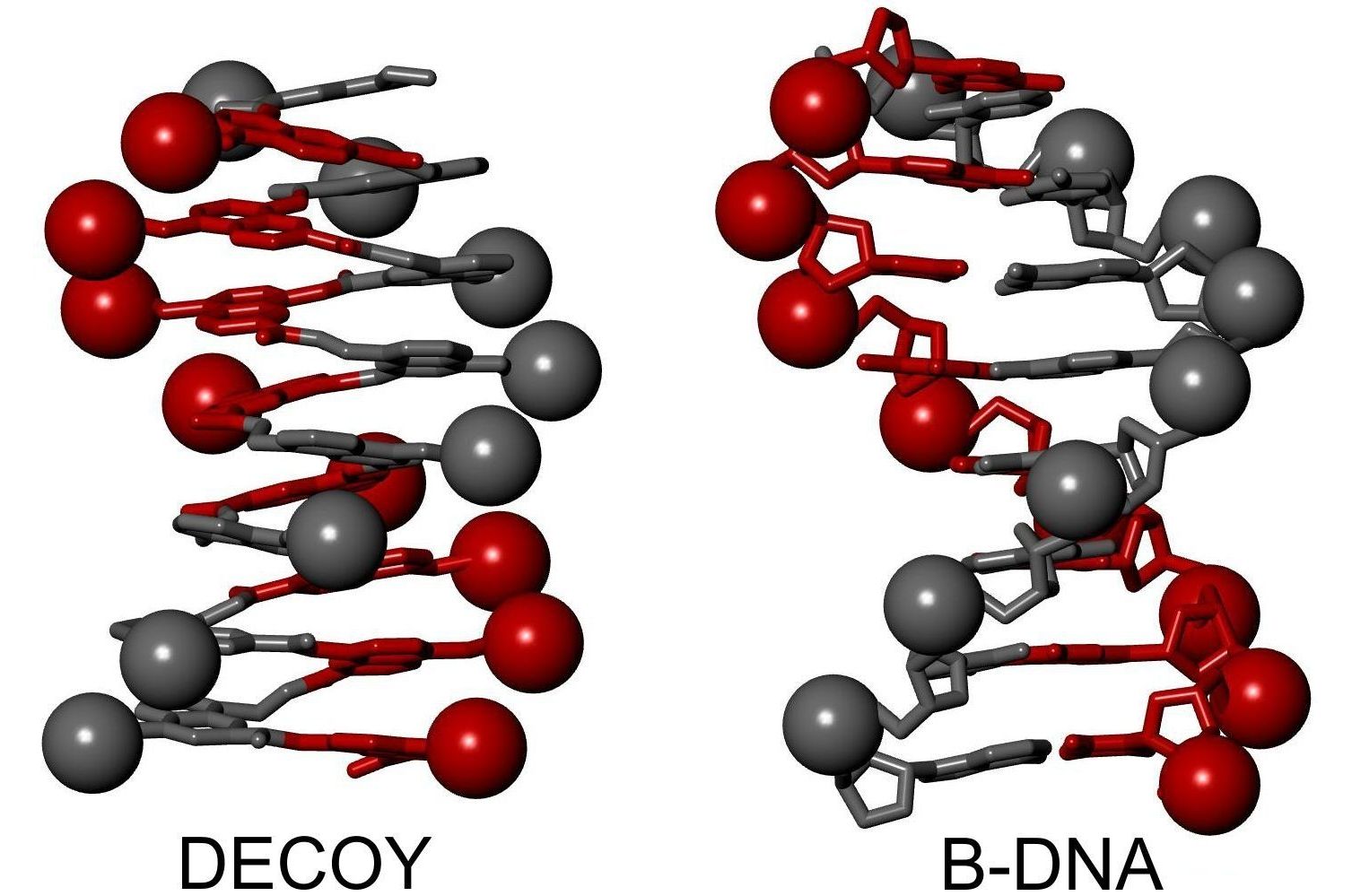There are over 18 million registered voters in California. On the ballot for the primaries for CA Governor on June 5th you’ll see candidates names, as well as a designation next to their name (their current occupation). One of my two designations is “transhumanist lecturer.” This likely won’t win many votes, but I believe it might be an important first for the #transhumanism movement. Here’s the first news story I’ve seen mentioning it:
Former big city mayors, a puppeteer and a even a ‘transhumanist lecturer’ are all officially running for California governor. Voters will be able to select from 27 people on the recently published certified list of candidates.









